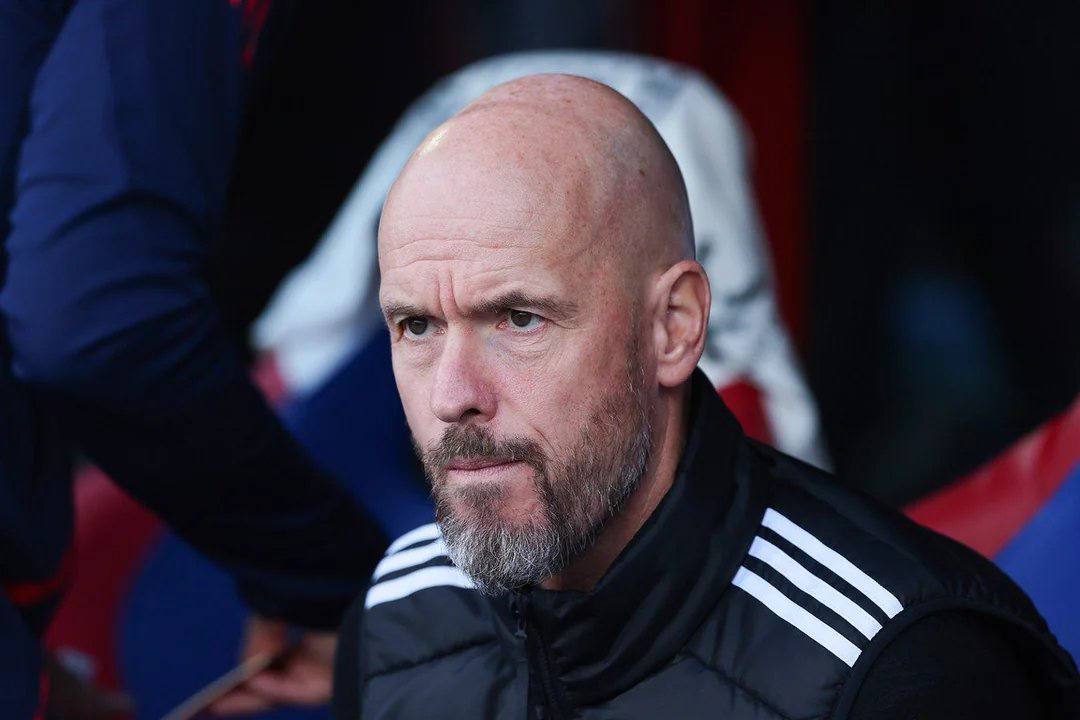
The 1-1 draw against FC Twente was yet another frustrating night for Manchester United fans. A team that has promised so much under Erik Ten Hag once again found itself unable to deliver a convincing performance.
Despite controlling large parts of the game and creating multiple chances, United were pegged back by a late equalizer, a scene that has become all too familiar this season. This draw wasn’t just a slip; it was a continuation of the team’s inconsistency, where moments of promise are continually undone by lapses in focus and execution.For a club with United’s ambitions, such stumbles are becoming increasingly costly.
The question many are asking is: what is holding this team back? Is it tactical naivety, mental frailty, or a combination of both? While Ten Hag has shown flashes of his tactical genius, it is becoming clearer that his biggest battle may be with the team’s mindset rather than just their formation.
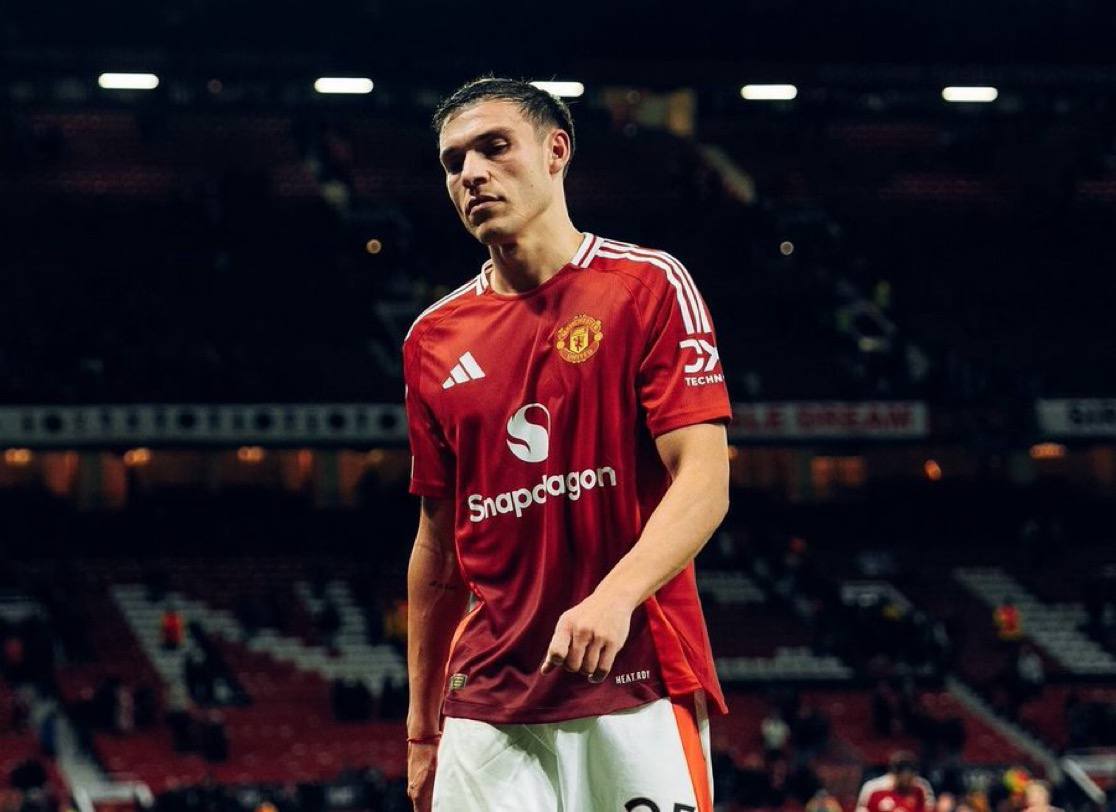
The Mental Battle: Manchester United’s Psychological Struggles
Before delving into the tactical nuances, it’s crucial to address the mental challenges plaguing Manchester United. This season has exposed the mental fragility that continues to undermine the team’s progress.
A club of United’s stature is always under immense pressure, and as results falter, cracks in the players’ mentality have started to become glaring. Ten Hag has repeatedly pointed out the need for more resilience in critical moments – a quality his team seems to lack when it matters most.
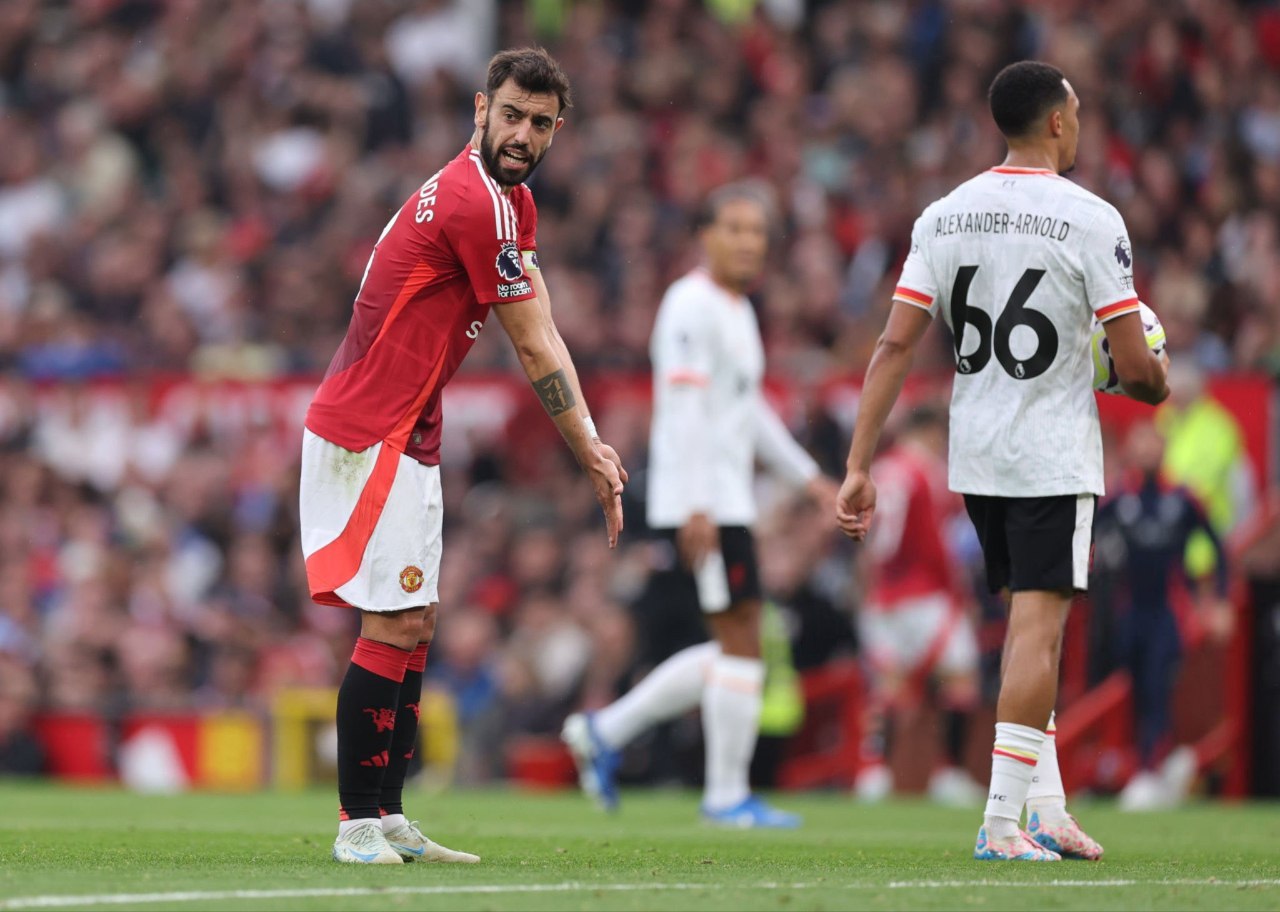
Mental Complacency
In the aftermath of the Twente draw, Christian Eriksen’s post-match comments struck a chord with many fans: “They looked like they wanted it more – that can’t be right. We didn’t lose, but it feels like a loss.” His words capture the sense of complacency that has crept into the team’s performances.
Despite having the upper hand, United often fail to put games to bed, allowing their opponents to claw back into contention. This mental fragility – the inability to “kill the game” when they should – is one of the key reasons behind United’s inconsistency this season.
Ten Hag expressed similar frustrations, emphasizing the need for complete commitment over the full 90 minutes. “Ninety-nine per cent is not enough,” he remarked, a telling statement about the team’s attitude and urgency. While United have the talent to dominate games, it’s the mental lapses that are proving costly, as was the case against Twente.

Player Accountability
Along with the issue of complacency, there is also the matter of player accountability. Eriksen’s remarks after the draw hinted at a sense of introspection within the squad: “Everyone is looking at themselves. Everyone is a professional footballer; they know what to do, what can’t happen.” This self-reflection is necessary, but it must be followed by action on the pitch.
Senior players like Bruno Fernandes and Marcus Rashford, who are expected to lead by example, need to show greater leadership in these crucial moments. Too often, the team looks disjointed when the pressure mounts.
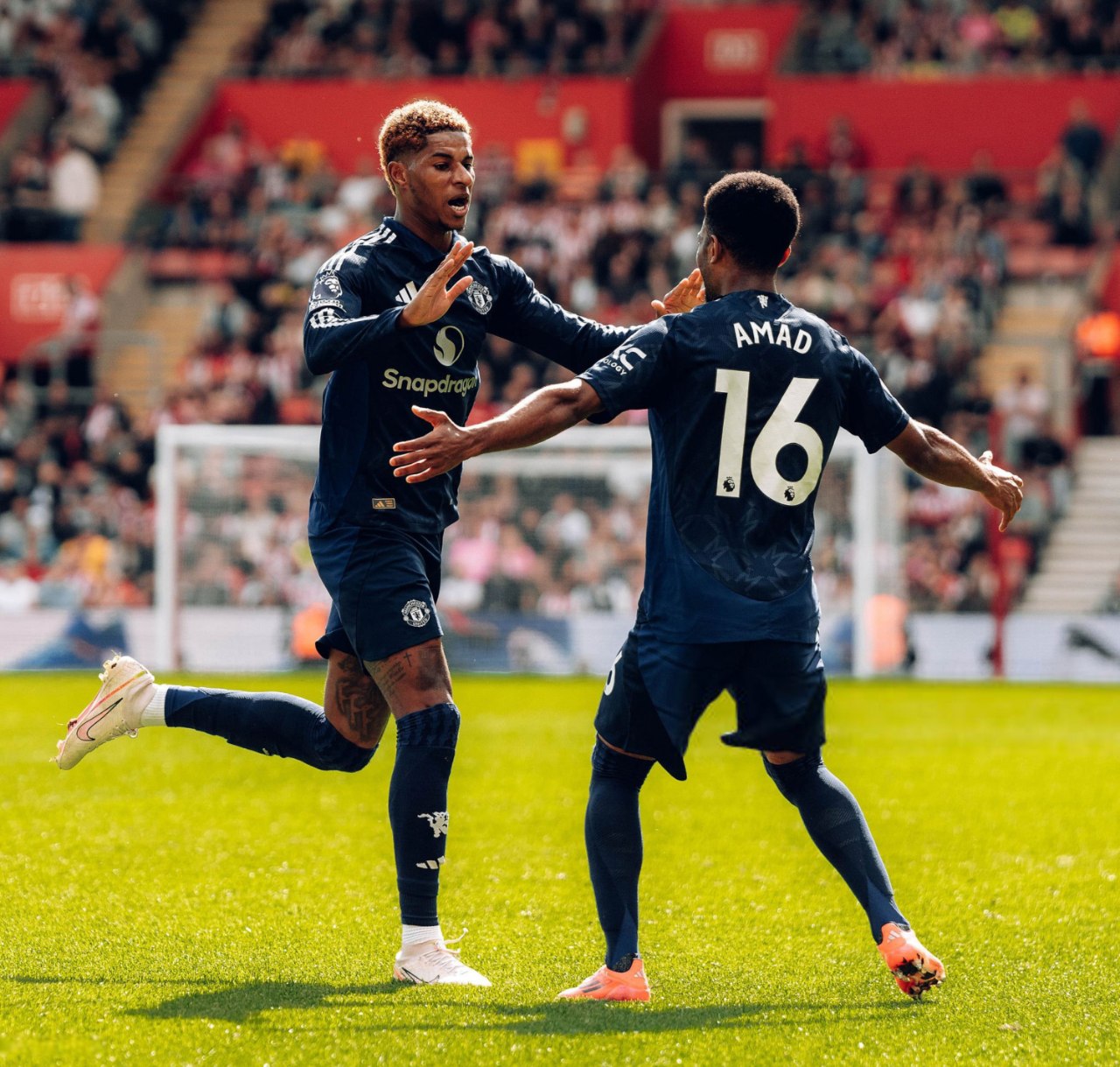
Former United player Owen Hargreaves criticized the team’s inability to make their dominance count, noting, “For all the firepower Man United had, even though they had 19 shots, it didn’t feel like it was good enough.” His analysis reflects a growing sentiment among fans: the players are talented, but they’re not stepping up when it counts.
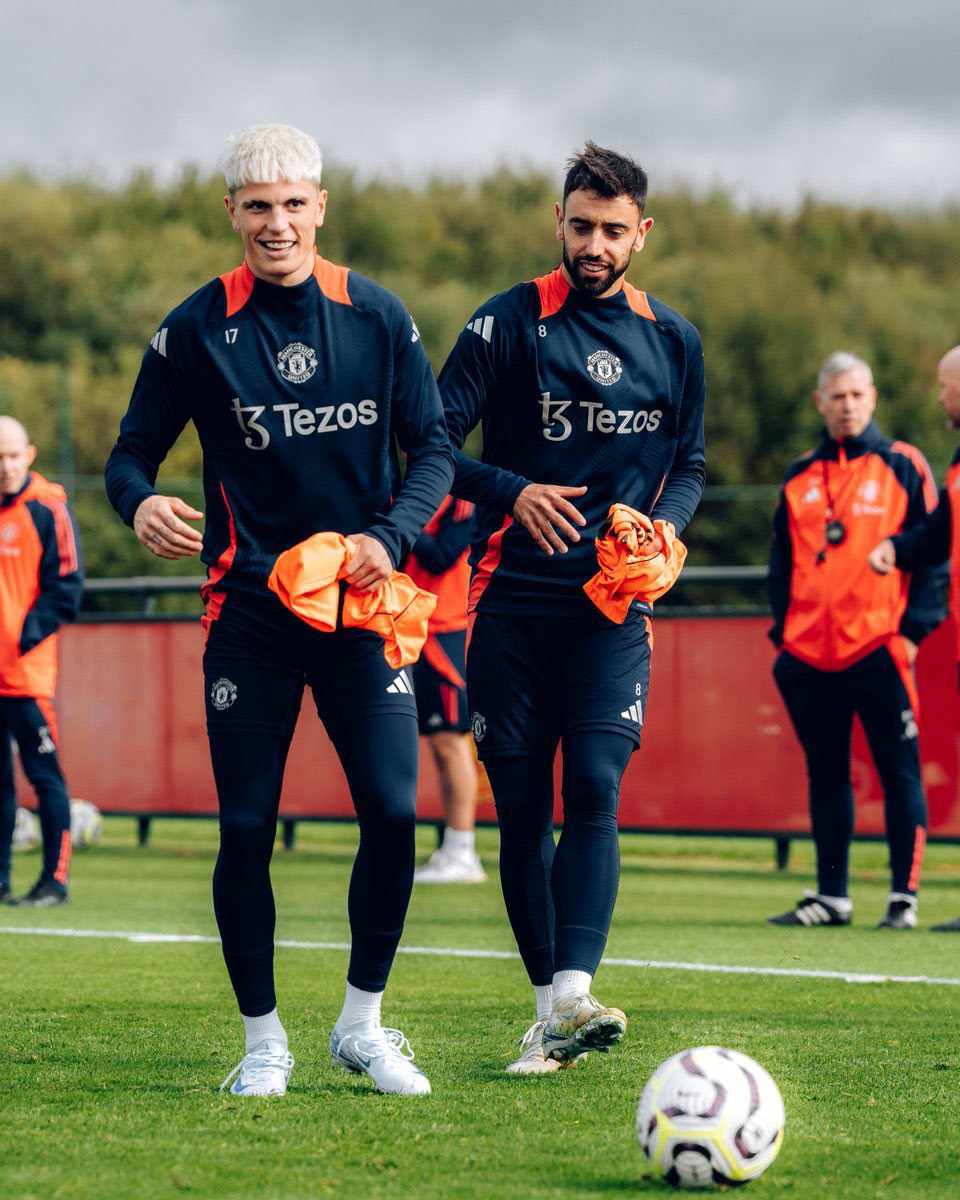
The Pressure of Expectations
Beyond individual accountability, the weight of expectation is another factor that has heavily impacted United’s mentality. The legacy of Sir Alex Ferguson looms large, and with it comes the pressure to deliver results. For a club used to winning, the years of underachievement have created a fragile environment where any dip in form leads to an outpouring of frustration.
Upcoming games against Tottenham and Porto are more than just opportunities for points; they are litmus tests for the team’s mental strength. Ten Hag’s biggest challenge may not just be fixing the tactical issues but also rebuilding the players’ confidence and resilience to handle the pressure of representing Manchester United.
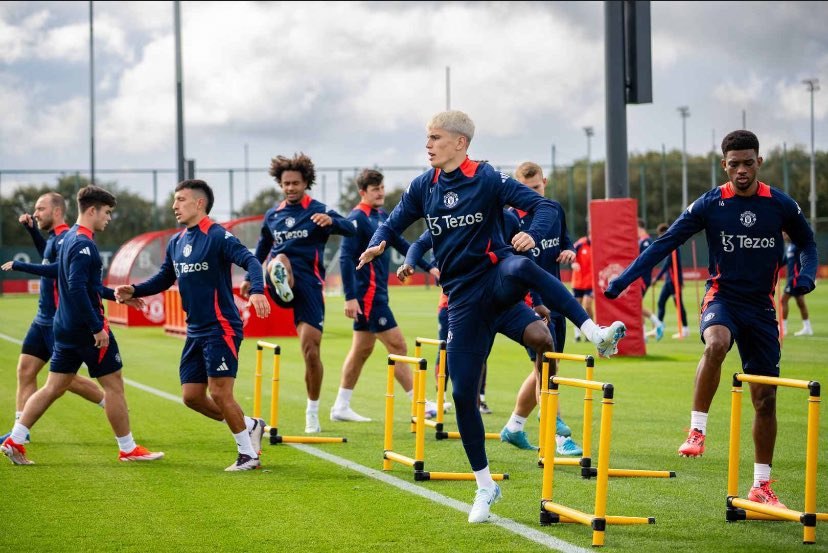
Tactical Underperformance: Struggles in Attack
While mental fragility has been a significant factor in Manchester United’s inconsistent performances, tactical issues, particularly in attack, have also hindered the team’s progress. The expectations for a potent offensive unit led by Bruno Fernandes, Marcus Rashford, and new signing Joshua Zirkzee have yet to materialize, with United underperforming their expected goals (xG) in five out of seven competitive matches this season.
Despite creating chances, as seen in the 19 shots against Twente, the conversion rate has been poor. Ten Hag has acknowledged this shortcoming, noting the team’s failure to capitalize on key opportunities. Alejandro Garnacho remains the top scorer with four goals across all competitions, a worrying statistic for a team with title aspirations.
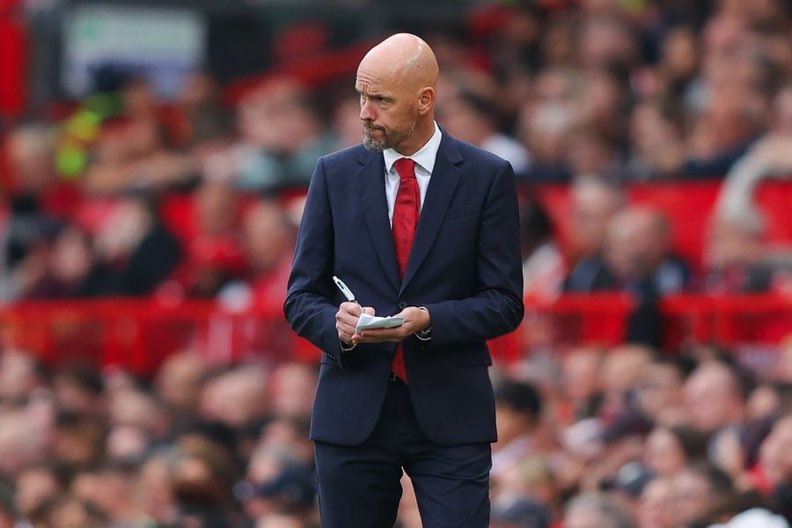
On a more positive note, Ten Hag’s work on the defensive side of the game has shown clear improvements. United’s goals conceded per game are now below one, a vast improvement from the leaky defense of past seasons. The defensive setup, anchored by players like Diogo Dalot and Lisandro Martínez, has brought more composure and organization to the backline.
Ten Hag’s focus on high pressing and structured defending has allowed United to close down space effectively, limiting opponents’ ability to create high-quality chances. Though individual errors, such as Christian Eriksen’s misstep against Twente, still pose problems, the overall defensive solidity gives reason for optimism.
The Long Road: Ten Hag’s Tactical Journey and Future Prospects
Compared to past managers like Ole Gunnar Solskjaer and José Mourinho, Ten Hag’s approach is notably more proactive. He has brought a high-pressing, possession-based philosophy to Manchester United, a shift from the counter-attacking focus of Solskjaer and the defensive pragmatism of Mourinho. However, adapting to this more demanding tactical style has taken time, and results have been inconsistent.
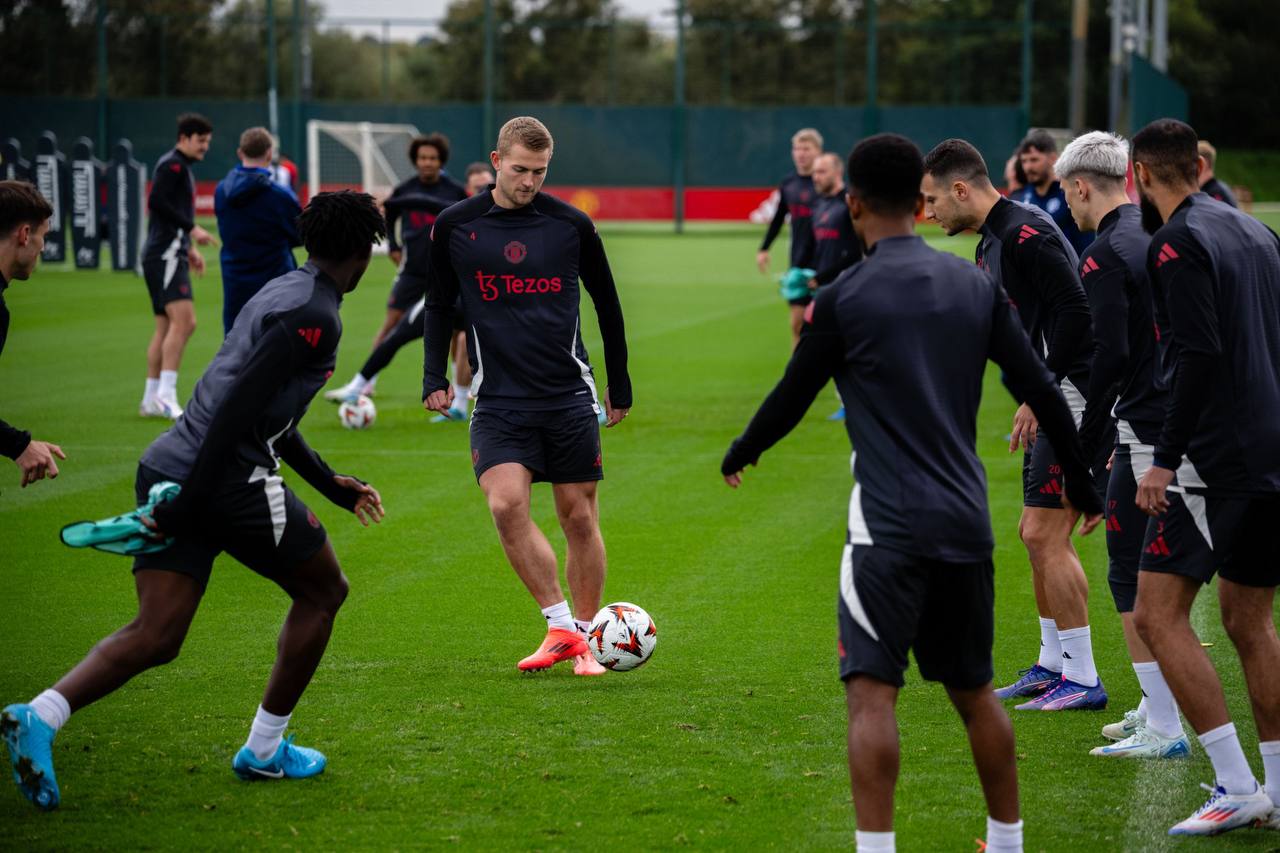
Ten Hag is still in the process of shaping the team in his image. The improvements in defense are evident, and if the attacking unit can find its rhythm, there’s reason to believe that United’s fortunes will turn around. Though there have been bumps along the way, Ten Hag’s tactical vision offers hope that better days are ahead.
Conclusion: Light at the End of the Tunnel
While Manchester United’s inconsistencies are often attributed to tactical shortcomings, the psychological side of the game cannot be ignored. Erik Ten Hag has worked to instill defensive solidity and a pressing style, but for United to truly progress, they must develop the mental toughness to match their tactical ambitions.



